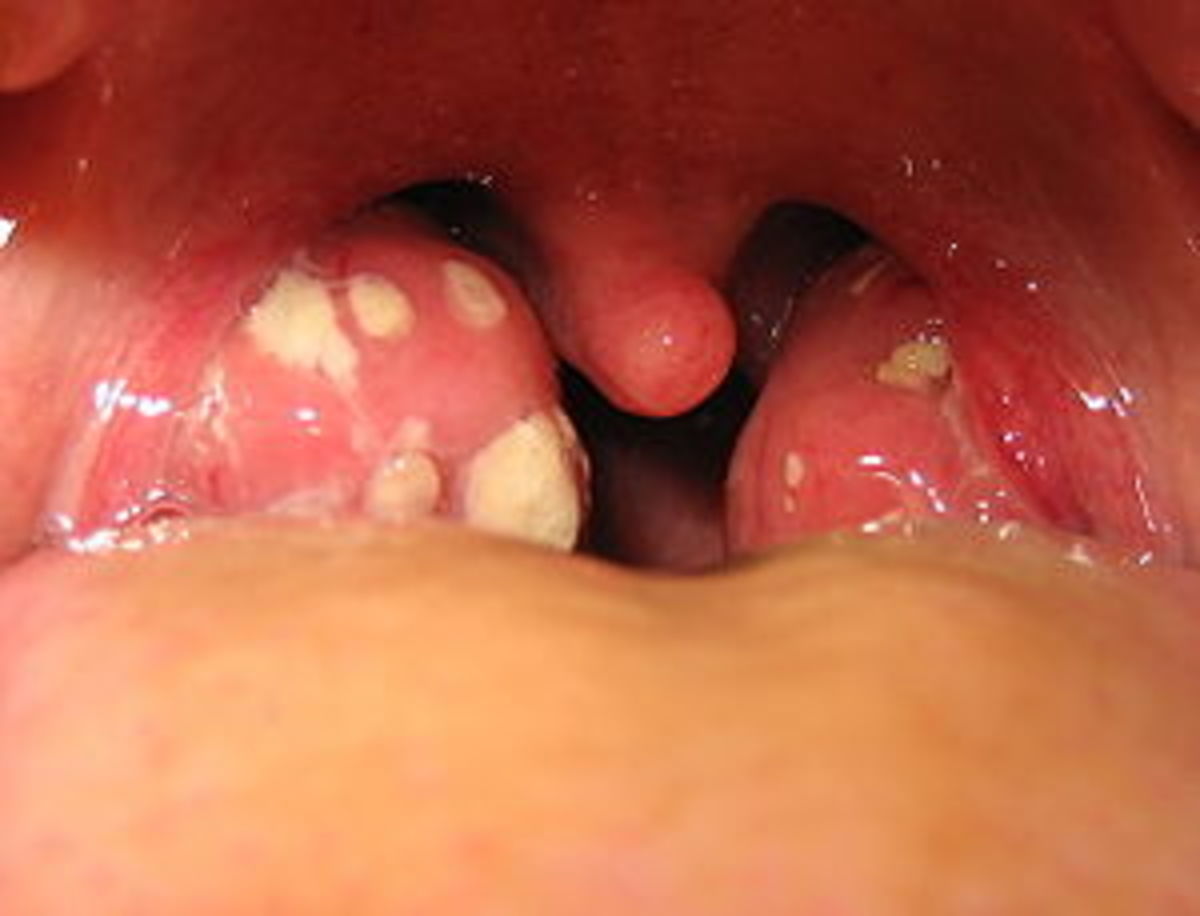The Chewing Stick - Nature's Nifty Little Toothbrush.
Have you ever used chewing sticks before?
Would you ever consider using them?
For ages, there has been an ancient secret behind the bright smile of those living in areas where few, to no commercially manufactured toothbrushes ever existed, or were readily available.
Believe it or not, this ancient secret lay in a simple piece of wood called the chewing stick.
* The Origin of the Chewing Stick.
Once used by the Babylonians (3500 B.C.), Egyptians, Greeks, and Romans, the chewing stick of old was simply a small wood "toothbrush" used in our predecessors daily oral hygiene.
Although Europeans once took advantage of this simple method; the chewing stick did fall out of favor with them over 300 years ago.
* What Is The Chewing Stick Made From?
Although the most common source of the chewing stick is the salt-bush (also called toothbrush tree) in the Middle East, in West Africa, orange and lime trees are used, while the neem tree (neems) are the main source for chewing sticks in the Indian subcontinent.
Astonishingly, nearly 300 different species of trees and shrubs in East Africa are used in making chewing sticks!
* How Does The Chewing Stick Work.
Simply put, when the stick is chewed...
1.) the fibers at the end become loose, thereby forming a rough "brush"
2.) continued chewing
a.) loosens and dislodges particles between the teeth
b.) stimulates blood circulation in the gums
c.) increases saliva production which in turns acts as a natural mouthwash that rinses away bacteria and creates an inhospitable environment for them to thrive and flourish.
* Additional Benefits.
More than just a brush; it was discovered that the twigs and roots of certain plant species used in making the chewing stick, contain chemical compounds that slow the formation of plaque. In addition, extracts of other sticks have proven to possess antibacterial and anti-fungal properties.
For instance, the twigs of the aforementioned toothbrush tree have been found to help prevent ulcers. And in Namibia, chewing sticks made from a plant known as muthala, inhibit the growth of pathogens that cause gum disease, tooth decay, and sore throats.
The benefits don't stop there. Chewing sticks possess the ability to prevent cavities, as well as strengthen the users' roots and gums.
So valuable is this natural dental device, that some companies now make toothpaste that contains resins and fibers extracted from these plants.
* Are Chewing Sticks Still Used Today?
Still popular in parts of Africa, Asia, and the Middle East, many have come to realize the amazing benefits of "nature's nifty little toothbrush."
Some have even concluded that chewing sticks work as well as the traditional toothbrush of today. So much so, that these nifty little sticks are available online for those searching for a more natural way of keeping their teeth and gums healthy.
So whether you opt for the more traditional method of brushing your teeth, or the more natural yet antiquated method, why not give "nature's nifty little toothbrush" - the chewing stick a try.




